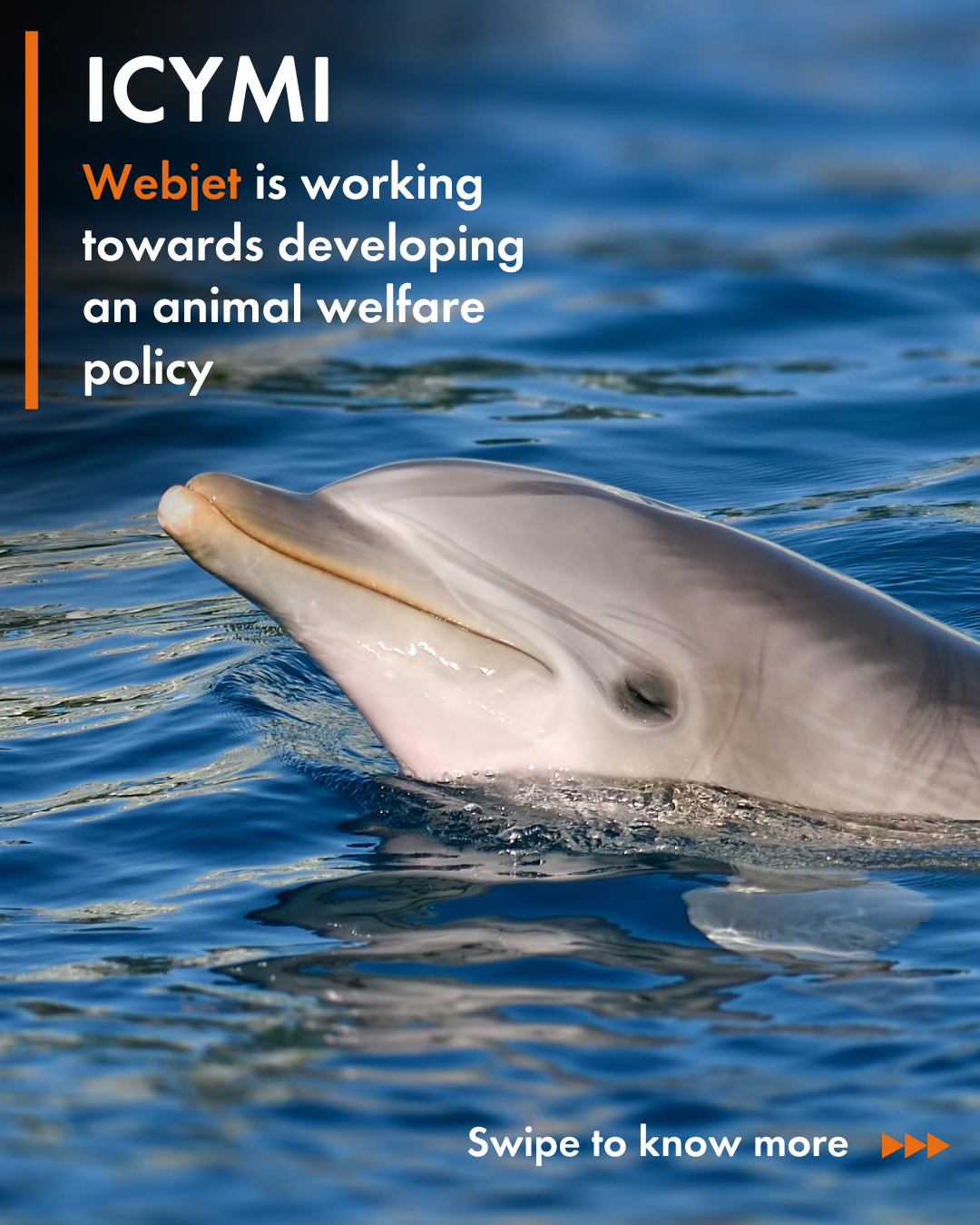As ethical investing gains momentum, more Australians are using their financial power to push for the better treatment of animals. From shareholder votes to super funds, here are four ways to ensure you’re aligning your money to your values.
#1 Invest in companies that prioritise animal welfare
Ethical investing involves choosing companies that align with your personal values. In most instances, this means avoiding harmful industries and seeking positive activities to invest in.
For animal advocates, ethical investing looks like avoiding businesses that profit from animal cruelty. This could include considering whether beauty companies test their products on animals, whether shipping companies are involved in live animal export, or whether tourism companies sell low-welfare animal experiences.
Tourism is a big campaign focus for our partners at global animal rights organisation World Animal Protection. If you’re investing in sectors like tourism, it can be helpful to look out for signs like whether the company has a clear and robust animal welfare policy.
The ethical analysis of companies in the SIX app can help with finding this information about the companies you are interested in.
#2 Use shareholder activism to push for change
Shareholder activism helps hold companies to account by buying shares in them and then flexing your shareholder power. This could look like filing resolutions, engaging directly with the company about their practices and voting on changes to their business at their Annual General Meeting.
This can be a powerful tool for holding big companies to account for doing the right thing by animals.
We have recently seen the strength of shareholder activism campaigns through SIX and World Animal Protection's partnership which called on Webjet (ASX: WJL) - one of Australia’s leading travel companies – to stop selling low-welfare wildlife activities on their website.
SIX joined World Animal Protection's campaign in early 2025, seeking WJL shareholders and prepared to work together on a shareholder resolution if the company failed to act for animals, travellers and their investors.
But we didn't need to go that far. Webjet began engaging with World Animal Protection and committed to an animal welfare policy, showing the power of NGOs and ethical investors working together to access shareholder activism tools.

#3 Ask your bank and super fund where your money goes
Helping animals can sometimes start with a simple question. Asking where your money is invested - whether it’s in your bank account or superannuation fund - can reveal more than you would expect.
Many financial institutions invest in or loan money to businesses that harm animals. By asking questions, you can put animal welfare on the radar of your bank or super fund, and push for more responsible investment practices.
Here are three questions you can ask your bank or super fund:
- Do you have an animal welfare investment policy?
- Are any of your portfolios exposed to factory farming or wildlife tourism?
- What steps are you taking to screen out companies that exploit animals?
If you're interested to learn more, check out World Animal Protection's guide (published in 2022) to help Australians assess their super funds’ links to factory farming, animal testing and live animal exports.
#4 Join the movement to protect animals
From caged bears suffering in cruel bile farms, to mother pigs who are forced to endure unimaginable suffering on factory farms - every animal deserves a life worth living. And community donations can help advocacy organisations to keep creating a fairer future for animals.
Consider organisations and groups you might want to support through donations - such as our friends at World Animal Protection, who have been campaigning for over 75 years to end animal suffering and cruelty.
Bonus idea: Talk about it to raise awareness
Bonus idea: change spreads when people talk! Whether it’s over coffee, in a workplace meeting, or on social media, sharing your experience with ethical investing or shareholder activism can inspire others to think differently about where their money goes.
You might encourage your employer to review their investment policies or who they choose as their default super fund, suggest a speaker for your next team lunch, or simply send this blog to a friend.
Every conversation helps build momentum for more ethical financial systems that drive change for animals.
This blog is general in nature and is intended for information purposes only. It is not intended to be financial advice.
Photo credit: Peter Gronemann



